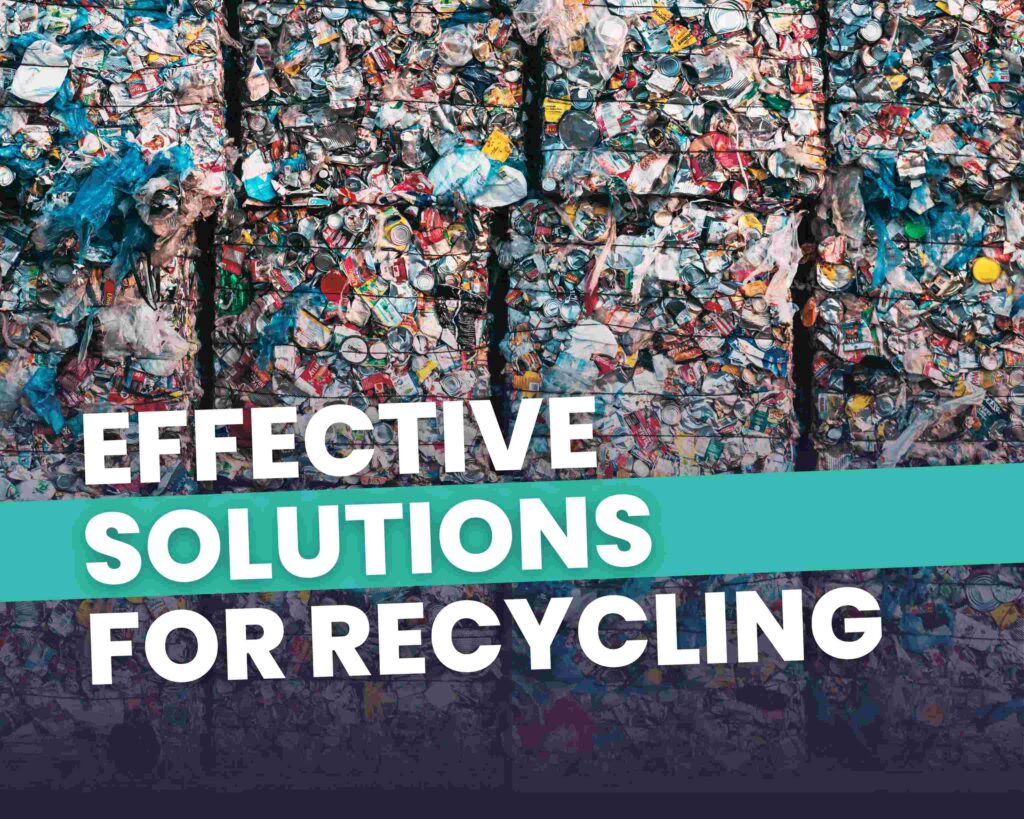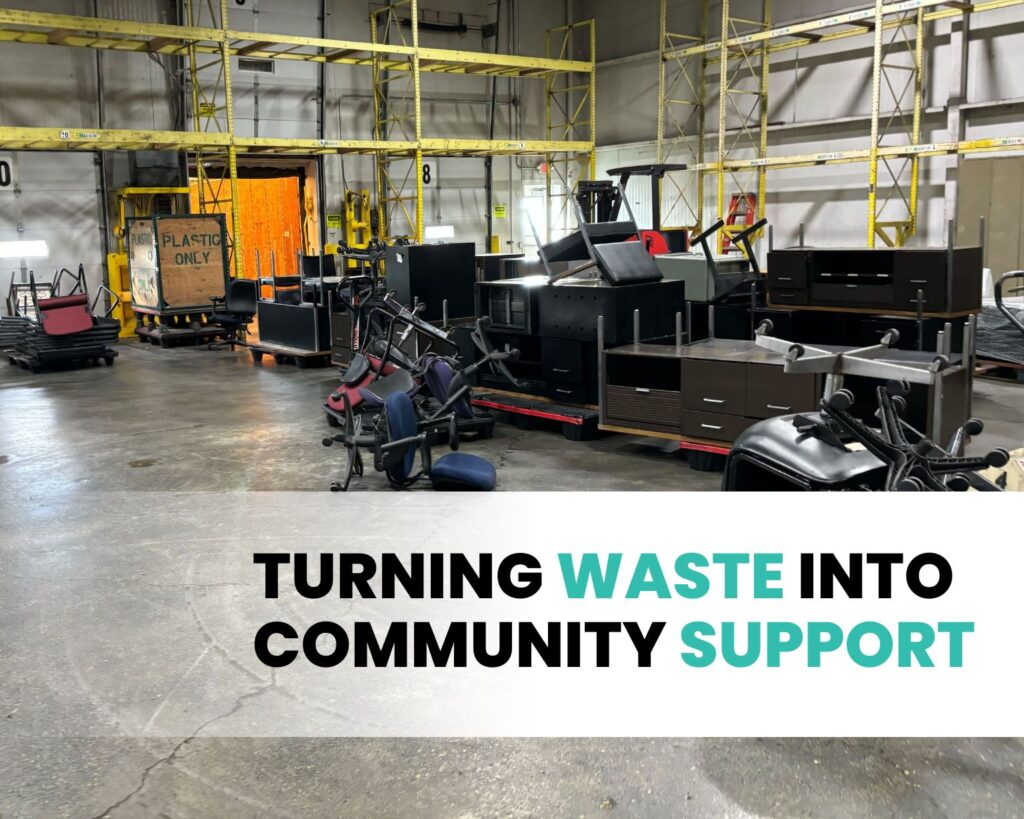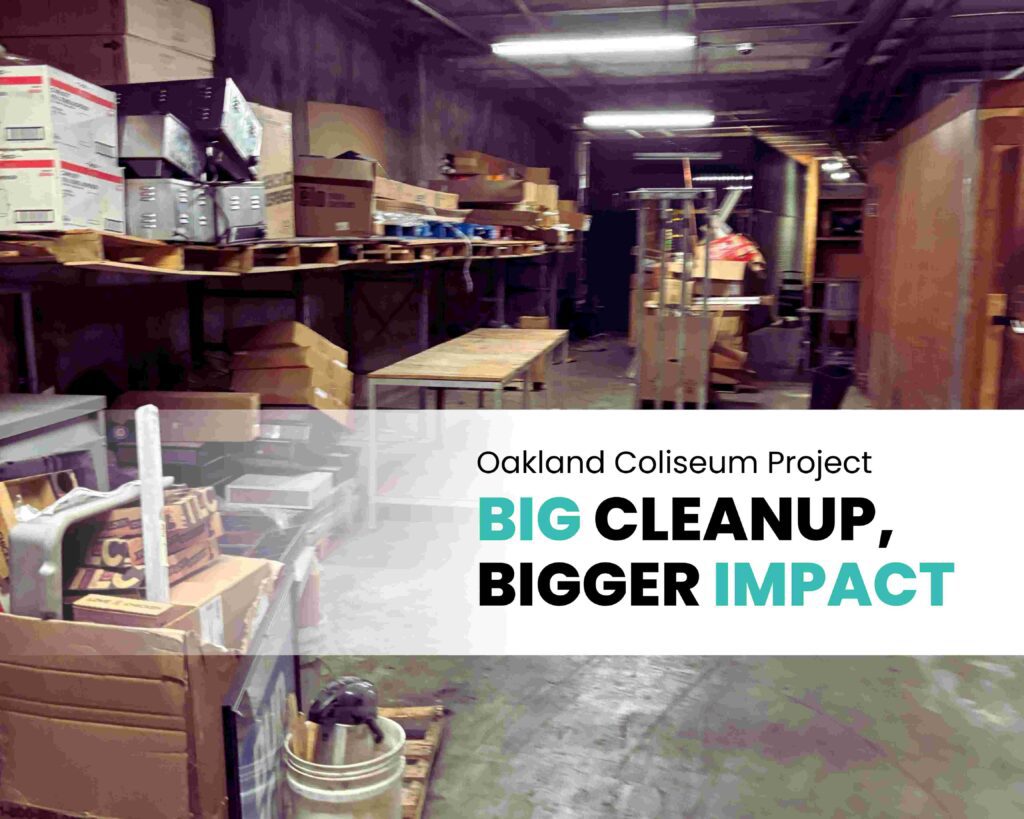How to properly dispose of batteries?
Table of Contents
How to Properly Dispose of Batteries: A Comprehensive Guide for a Greener Future
Proper battery disposal is essential to minimize environmental harm and conserve valuable resources. In this comprehensive guide, we will discuss the types of batteries, the importance of recycling, and how to safely and properly dispose of used batteries. We will also explore the benefits and how our company can help in the process.
Understanding Different Types of Batteries
There are various types that require appropriate disposal methods. Some common types include:
- Alkaline: These are standard household batteries commonly used in remote controls, toys, and other electronics.
- Lithium: These lightweight batteries are often found in laptops, smartphones, and other portable devices.
- Lead-acid: Typically used in cars and other vehicles, these batteries contain toxic materials.
- Electric car: These high-capacity batteries power electric vehicles and require specialized handling during disposal.
- Nickel-Cadmium: Often used in power tools and cordless phones, these batteries are known for their long-lasting power.
Remember, disposal of electric batteries doesn’t necessarily mean recycling. In some cases, you may opt for disposal at your local hazardous waste facility or other appropriate site.
Reasons for Recycling Batteries
Recycling batteries is crucial for several reasons:
- Hazardous materials: Many batteries contain toxic substances like lead, mercury, and cadmium, which can leach into the environment if improperly disposed of.
- Conservation of resources: It allows for the recovery and reuse of valuable materials like metals, reducing the demand for raw materials and energy consumption.
- Reducing waste in landfills: Proper battery recycling prevents unnecessary waste buildup in landfills, contributing to a cleaner and more sustainable future.
- Supporting a circular economy: Battery recycling contributes to a circular economy, where waste materials are transformed into new products, reducing our dependence on finite resources.
Keep in mind that proper disposal of electric battery packs requires special handling and should only be done by a professional. If you’re not sure how to dispose of a battery pack in a proper way, our company can help. We not only handle the disposal process but provide a secure and environmentally friendly way to recycle batteries.
Guidelines for Proper and Safe Battery Disposal
Follow these steps to ensure the safe and proper disposal of batteries:
- Prepare batteries: Remove batteries from devices, tape the terminals of lithium and lead-acid batteries to prevent short circuits, and bag them separately.
- Locate a recycling facility: Search for nearby centres or collection events that accept batteries. Many retailers and public facilities offer drop-off locations for easy recycling.
- Abide by regulations: Adhere to local and national guidelines for battery recycling to ensure compliance and safety.
- Special considerations: Electric car batteries may require specialized handling and recycling. Consult with the manufacturer or a certified recycling centre for assistance.
- Spread awareness: Educate your friends, family, and community about the importance of proper battery disposal and recycling.
In order to ensure proper battery disposal of electric battery packs, it is best to consult with our company. We not only provide secure and environmentally-friendly battery recycling but also offer safe disposal for all types.
Benefits of Battery Recycling
Recycling batteries presents numerous benefits:
- Environmental: Reduced mining and extraction of raw materials, less hazardous waste in landfills, and decreased greenhouse gas emissions.
- Economic: The recovery of valuable metals from used batteries supports job creation and economic growth in the recycling industry.
- Green technology: Battery recycling encourages the development and use of sustainable, environmentally friendly technologies.
- Corporate social responsibility: Companies that engage in responsible battery recycling practices enhance their reputation and strengthen relationships with customers, investors, and stakeholders.
How Our Company Can Help with Battery Recycling
- Our company is committed to promoting responsible battery recycling:
- Comprehensive services: We offer battery collection and recycling services for various battery types, ensuring proper and safe disposal.
- Environmental sustainability: Our recycling processes prioritize environmental protection and resource conservation. We adhere to strict environmental regulations and continuously seek ways to improve our processes.
- Education and outreach: We provide educational materials and workshops for schools, businesses, and communities to promote responsible battery recycling and environmental awareness.
- Community engagement: We foster social responsibility and strong community relationships by providing education and resources for responsible battery recycling. By partnering with local Community engagement: We foster social responsibility and strong community relationships by providing education and resources for responsible battery recycling. By partnering with local organizations and schools, we aim to raise awareness about the importance of proper battery disposal and recycling.
Liquidation as an Environmentally Friendly Solution
Choosing liquidation for battery disposal offers several benefits:
- Efficient use of storage space: Liquidating old or unsellable batteries helps businesses save on storage costs and free up valuable space for profitable items.
- Cost-effective: Liquidation allows businesses to recoup some of the initial costs of unsold products, making it a more cost-effective solution compared to other disposal methods.
- Supporting waste-to-energy initiatives: Liquidated batteries can be used as feedstock in waste-to-energy processes, reducing the amount of waste in landfills.
Waste-to-Energy Solutions
Waste-to-energy technologies help reduce waste while generating useful energy:
- Biofuel production: Some batteries can be converted into biofuel, providing an alternative energy source and reducing landfill waste.
- Hard-to-recycle items: Waste-to-energy solutions offer a viable option for items that are difficult to process through traditional methods.
Remember, battery disposal of old electric cars shouldn’t be taken lightly. It takes special care and consideration to ensure responsible recycling that preserves our environment.
Beneficial Reuse: The Way Forward
The beneficial reuse of batteries has multiple advantages:
- Tax deductions: Recycling can lead to tax deductions, offsetting costs significantly.
- Cost-effectiveness: Beneficial reuse is often more cost-effective than other disposal methods, making it an attractive option for businesses.
- Fostering social responsibility: Engaging in beneficial reuse practices strengthens relationships with communities and demonstrates a commitment to environmental sustainability.
Proper battery disposal of old electric vehicles (EVs) and other lithium-ion is essential for environmental protection and safety. Companies should strive to develop effective recycling solutions, engage in beneficial reuse practices, and prioritize environmental sustainability.
The Bottom Line
In conclusion, proper battery disposal is essential for protecting the environment and conserving resources. Understanding the different types of batteries, the reasons for recycling, and the safe disposal methods is crucial for individuals and businesses alike. By promoting responsible practices and partnering with organizations that share this vision, we can work towards a greener and more sustainable future.










